In a recent speech in Detroit, former U.S. President and Republican nominee Donald Trump announced his intention to impose a reciprocal tax on India if he is re-elected in the upcoming election. Trump targeted India’s trade policies, accusing the country of being the “biggest charger” and referring to it as a “tariff king.” He highlighted the difficulties that American businesses face in the Indian market due to India’s high tariffs.
Trump reflected on his discussions with Harley-Davidson during his presidency, emphasizing that India’s 150% tariffs were a major hurdle for the company, which eventually exited the Indian market in 2020. While Trump acknowledged his positive relationship with Indian Prime Minister Modi, he argued that India’s trade barriers continue to disadvantage the U.S. economy.
India’s Rising Tariffs and Their Impact on Trade
India’s tariffs have seen a sharp increase in recent years, with the average tariff rising from 13% in 2014 to 18.1% in 2022. Despite these rising tariffs, India remains the United States’ largest trading partner, with bilateral trade between the two countries reaching $120 billion in FY24. However, India has a trade deficit with most of its major partners, including the U.S., although it exports more to the U.S. than it imports.
The Rationale Behind India’s Tariff Policies
Indian policymakers argue that these tariffs, along with production-linked incentives, are essential for stimulating domestic manufacturing. They point to similar initiatives like the U.S. Chips Act as examples of policies designed to boost local industries. As the world faces growing protectionism, especially in response to challenges posed by Chinese imports, countries like India are looking to safeguard their domestic jobs and industries.
Global Protectionism and Trade Policies in Focus
Trump’s remarks come amid rising global protectionism, as countries adjust their trade policies to protect domestic interests and jobs. This increasingly protectionist atmosphere may lead to further trade tensions, especially as countries like India defend their tariff policies as a means to protect and grow their economies.
Key Takeaways:
- Donald Trump pledged to impose a reciprocal tax on India if re-elected, criticizing the country’s high tariffs.
- India’s tariffs have increased significantly, reaching an average of 18.1% in 2022, up from 13% in 2014.
- Despite these tariffs, India remains the U.S.’s largest trading partner, with $120 billion in bilateral trade in FY24.
- Indian policymakers justify tariffs as necessary for boosting domestic manufacturing and responding to global protectionism.
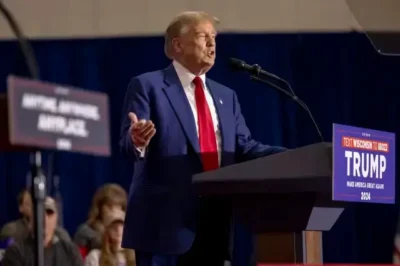





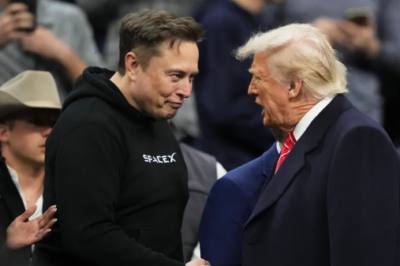



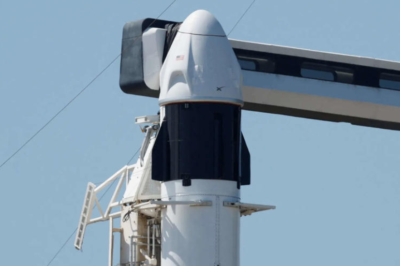









































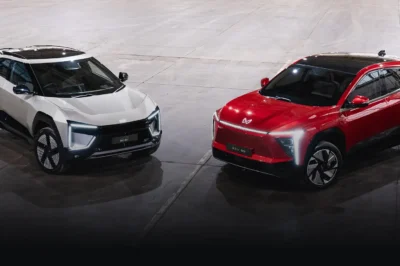

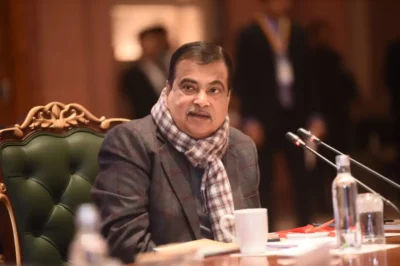

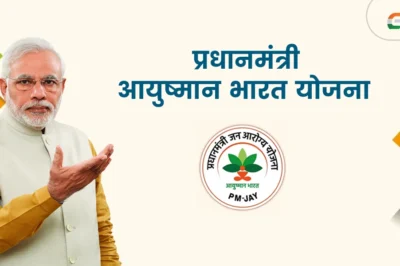

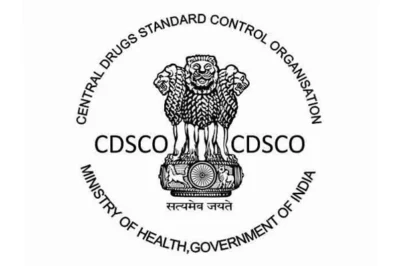












Leave a Reply